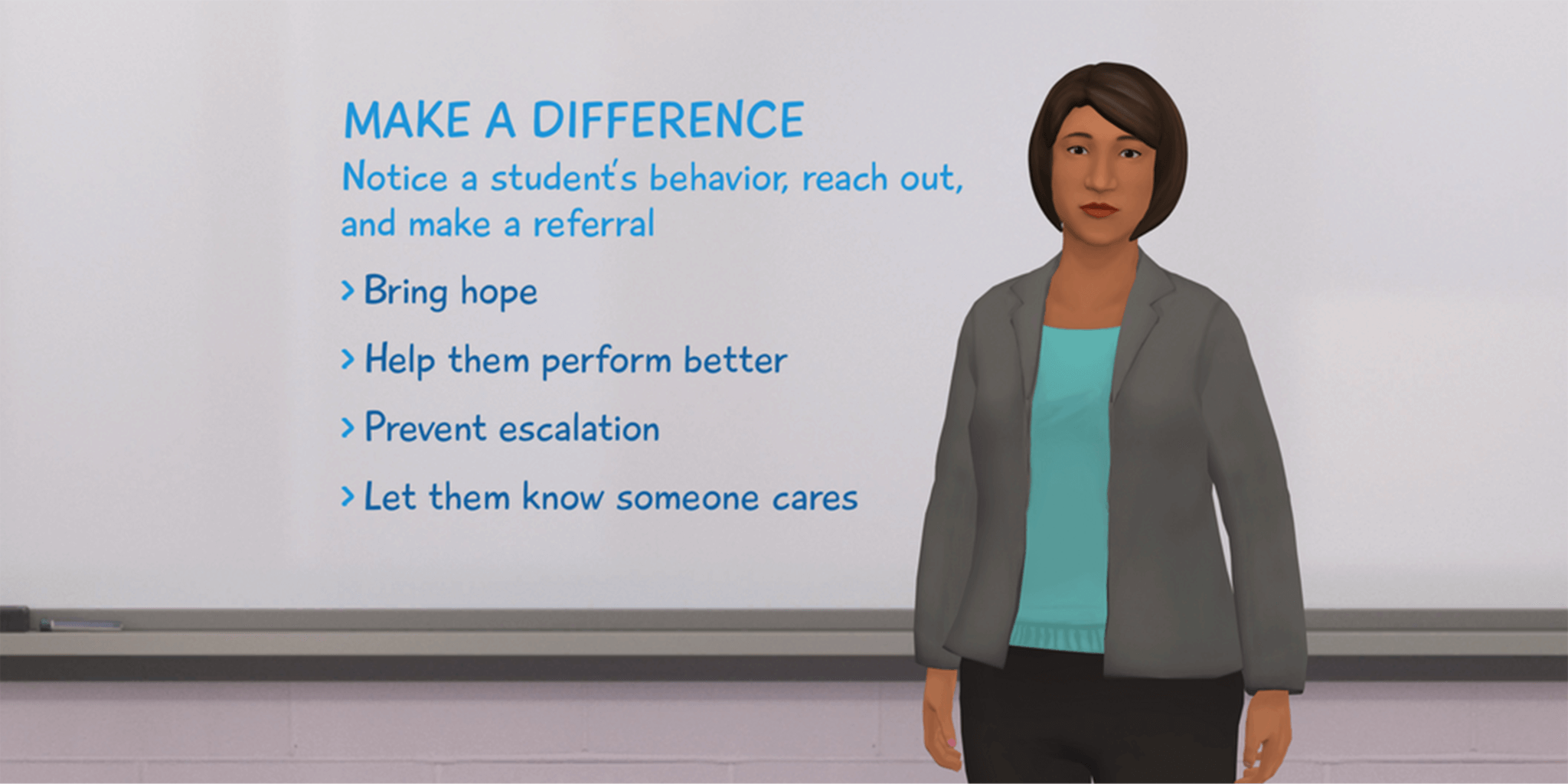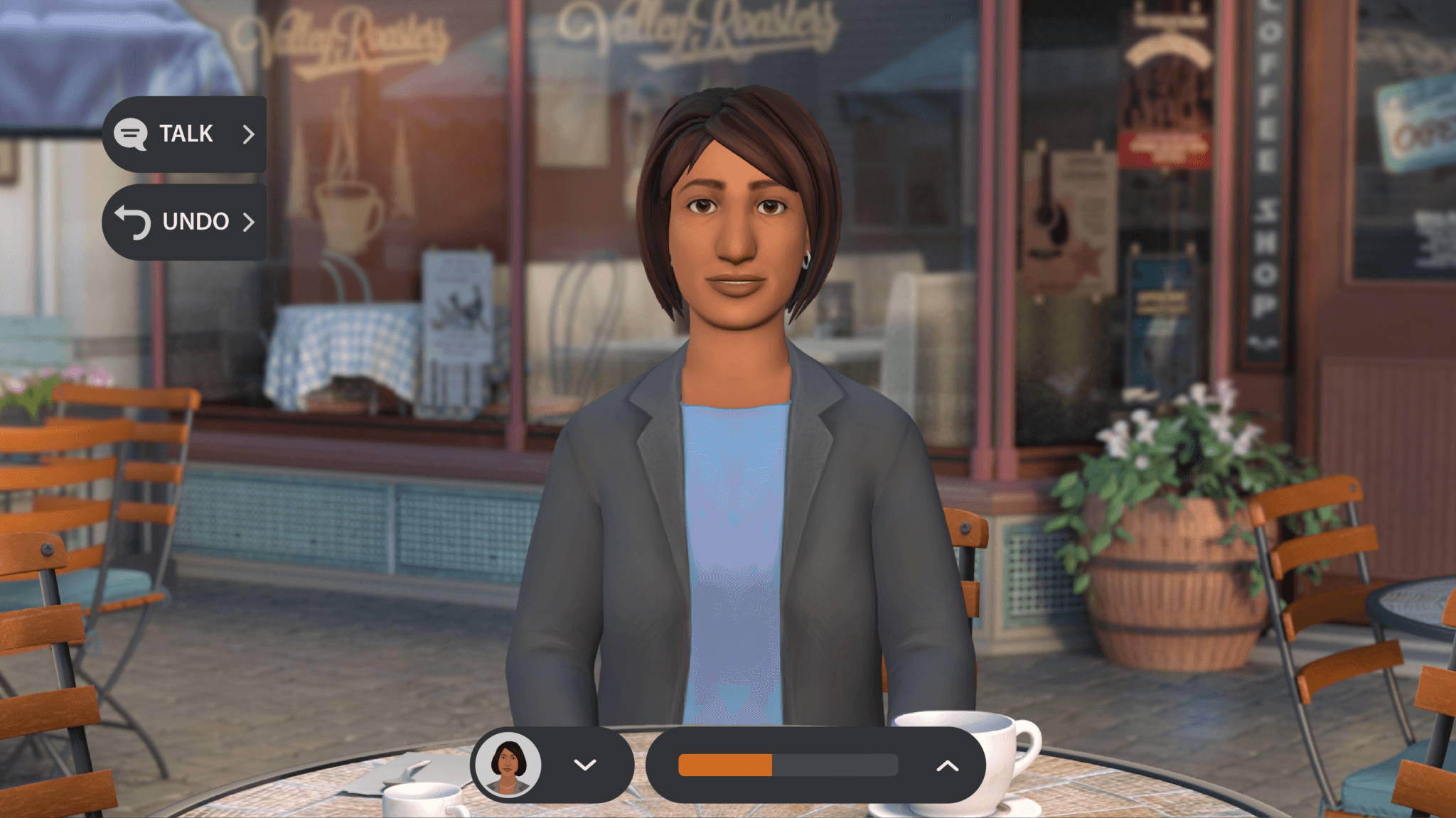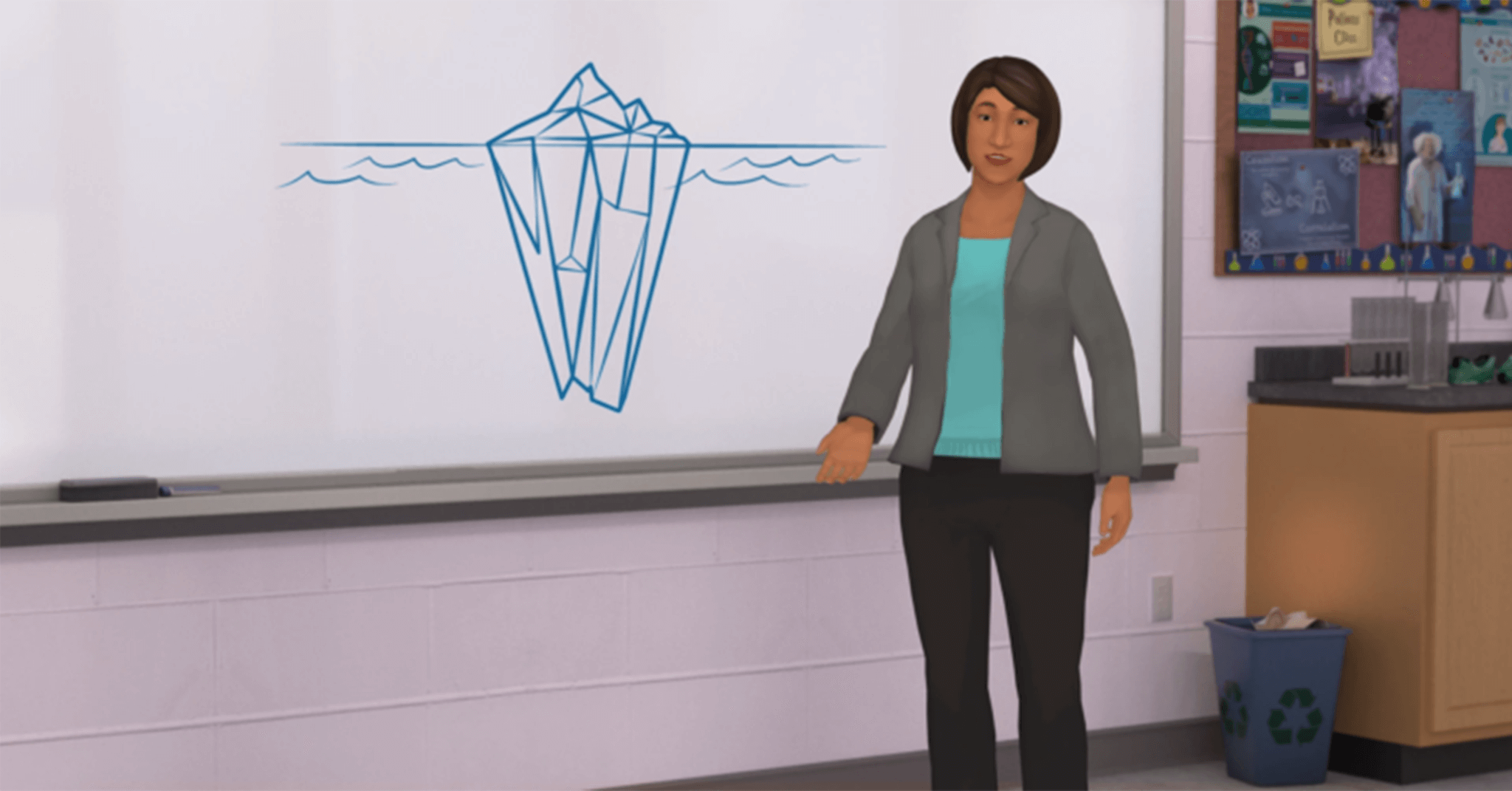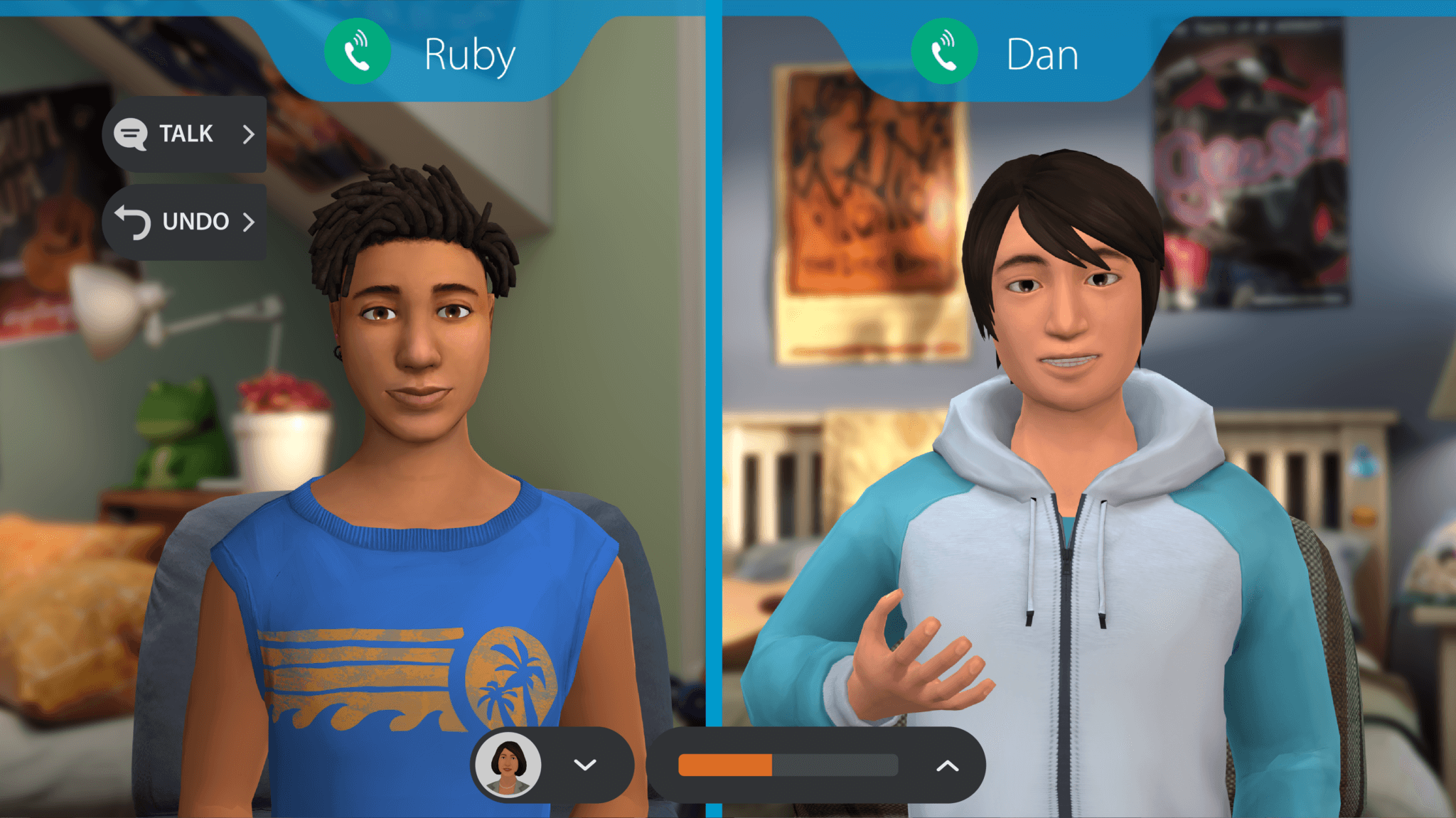New PK-12 Suite Takes Whole Child Approach to Supporting Student Mental Health & Well-being
According to comprehensive research from CASEL and the recent call to action from the U.S. Surgeon General, there is a critical need to support student emotional and mental wellness.
“About 27% more students would improve their academic performance at the end of the program and 24% more would have improved social behaviors and lower levels of distress.” – CASEL’s estimate of the practical benefits of SEL.
Our new suite, Mental Health & Well-being, takes a whole child approach to building awareness, knowledge, and skills around emotional and mental wellness, including scenarios where adolescents learn to identify signs of trauma or distress. Additionally, these practice-based skills help guide youth in making healthy choices around alcohol and other substances. The suite includes six total experiential learning products uniquely designed for educators, students and parents/caregivers to surround youth with a full community of support:
1. Emotional & Mental Wellness – For Teachers, Administrators and School Staff (Professional Development)
Many professional development programs for educators introduce proven frameworks, such as social emotional learning (SEL). However, it’s not enough to have the knowledge of SEL—educators also need to know how to apply these skills.
Our experiential learning products allow educators to get hands-on practice interacting with virtual students to gain skills related to SEL and mental wellness through the following topics:
- Identifying warning signs of distress, including verbal, behavioral, and situational clues, suicidal thoughts, and suicide risk
- Effective communication techniques to discuss concerns, build resilience, and increase connectedness
- Knowing when to refer students for further help
- Motivating students to seek help and making a warm hand-off to support

Educators gain valuable knowledge and skills to help them make a meaningful impact
2. Friend2Friend: Emotional & Mental Wellness – For Students (SEL Curriculum)
Between the ages of 13 and 18, young people navigate a difficult stage of social and emotional development, often turning to their friends as their first line of support. Approximately 75% of lifetime mental illness emerges during the teen years, and a national survey of high school students found that 16% have seriously considered suicide in the past year.
Kognito’s Friend2Friend student curriculum supports a skills-based approach for core SEL topics for grades 9 to 12. Applying evidence-based strategies, students embark on an interactive experience where they build awareness, knowledge, and skills by navigating conversations with friends.
Friend2Friend learning objectives include:
- Learning about mental health and wellness while reducing stigma
- Identifying warning signs of distress in peers, including verbal, behavioral, and situational clues
- Building skills in how to approach a peer in a manner to motivate them to access support
- Becoming comfortable asking a friend if they are thinking about suicide
- Overcoming barriers to help-seeking through a better understanding of potential support options
- Acquire skills around self-management and self-awareness, responsible decision-making, help-seeking, empathy and active-listening, as well as stress management and coping mechanisms
Helping students build resilience and learn coping strategies not only sets them up for success now and in the future, it also helps mitigate overwhelmed counseling centers and social workers.
Learn more about this impactful student experience by watching the video below.
3. Emotional & Mental Wellness – For Parents, Caregivers, and the Larger Community
Parent and community involvement is integral not only to the growth of healthy students, but also the growth of successful schools. This simulation teaches parents, caregivers and those in a student’s larger community of support, how to create a healthier environment for children and adolescents grades K-12 by encouraging open dialogue about emotional and mental wellness.
Designed for busy parents and caregivers, this simulation can be utilized for brief or extended learning sessions with the following learning objectives:
- Understanding the importance of emotional and mental wellness and how to best support children and adolescents
- Identifying potentially concerning changes in behavior
- Exploring strategies to build resilience, strengthen relationships, and ensure a sense of connectedness
- Helping children and adolescents recognize and communicate their feelings, thoughts and emotions
- Determining best actions and overcoming barriers to help-seeking through better understanding of mental health professionals and other support resources.
Parents and caregivers examine strategies that help build resilience, learn how to identify potentially concerning changes in behavior, how to better support their students and overcome barriers to seeking help.

4. Trauma-Informed Practices – For Teachers, Administrators, and School Staff (Professional Development)
A student’s life is like an iceberg, and educator’s only see the small part above the water. There can be a lot happening below the surface, including traumatic experiences that impact a student’s well-being and ability to learn. When schools are not equipped with trauma sensitivity, it can hinder learning for students and make them feel unsafe.
This simulation helps educate teachers, administrators, and staff about the effects of trauma on adolescents and the developing brain. Other learning objectives include:
- Recognizing when a student’s behavior might be the result of trauma or distress, and help lead conversations that enable students to feel comfortable sharing how they are feeling
- Problem-solving ways that their class or school can become a more comfortable place
- Assessing the need for referral and motivating students to seek help when needed
- Understanding the importance and benefits of self-care for both educator and student in coping with and helping support traumatic experiences and adversity

Virtual coach Jackie describes how signs of trauma are like an iceberg
5. Friend2Friend: Substance Use – For Students
Through immersive interactive practice, students grades 6-12 learn the social-emotional tools to better navigate real-life situations involving substances.
Learning objectives of this simulation include:
- Distinguishing healthy vs unhealthy coping strategies in navigating the challenges of being a teen
- Adopting a more positive self-concept and social norms, as well as effective refusal skills
- Identifying substance misuse and how, when, and where to find support services
- Applying communication skills to help a friend who may be in need
- Reflecting on personal values and goals

6. Substance Use – For Parents, Caregivers, and the Larger Community
This product helps parents and caregivers initiate conversations about healthy choices and substance use, which in turn has a strong positive influence on adolescent decision-making. When enforcing SEL for prevention, students can learn positive coping strategies that will follow them throughout their life.
Through a practice conversation assuming the role of a parent interacting with a teenager, this simulation helps parents and caregivers:
- Understand the positive and powerful role that parents and caregivers play in influencing a teen’s substance use
- Conduct non-judgmental, open conversations about substance-use decision-making
- Acquire a variety of strategies to use in engaging teens on the topic of substance use
- Ensure a teen feels heard

Give students 360-degree support
We believe in the power of practice-based learning. The more students, teachers, parents and caregivers can practice these skills, the more successful they will be in cultivating safer schools, healthier children/adolescents and more inclusive communities.
Learn more about our new Mental Health & Well-being suite for educators, students, and caregivers at Kognito.com. Or better yet, experience the power of simulation by requesting a demo.